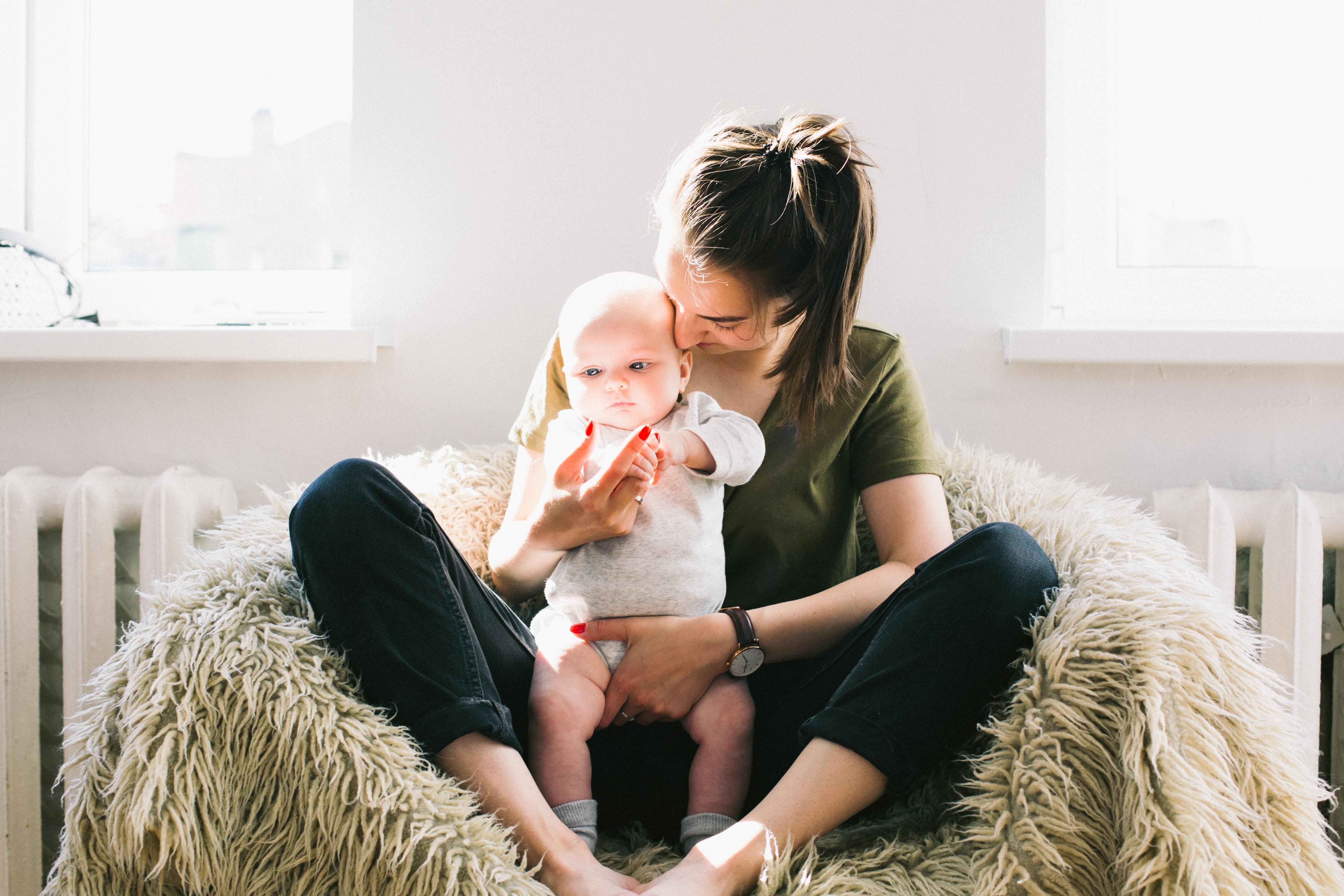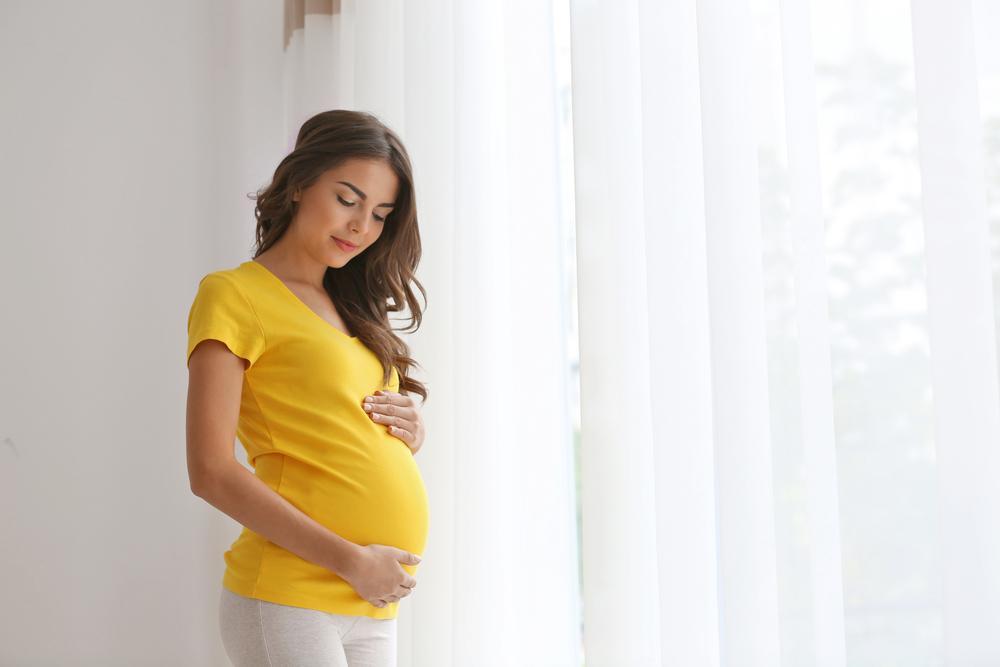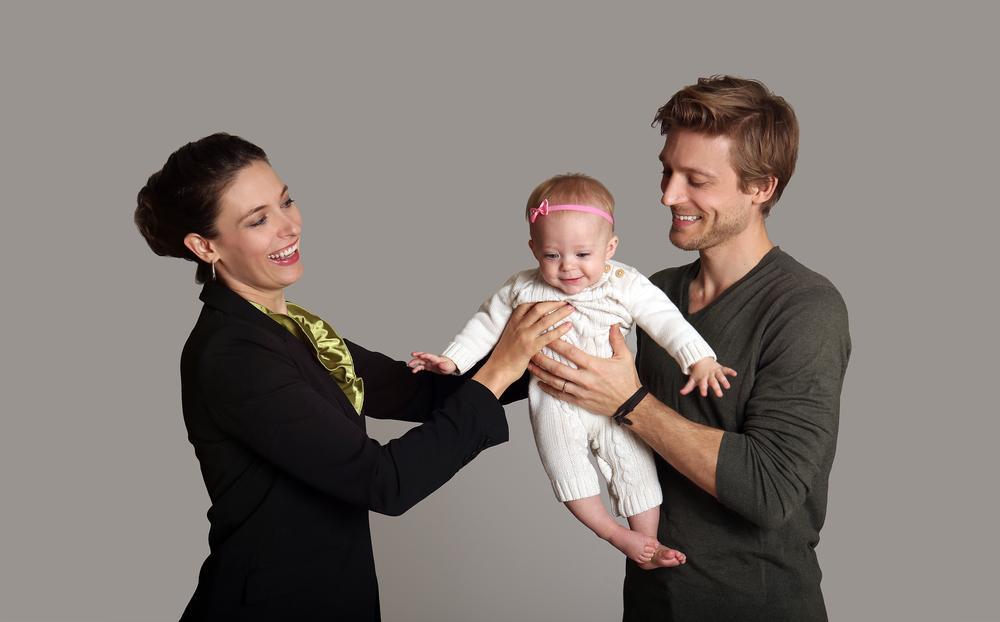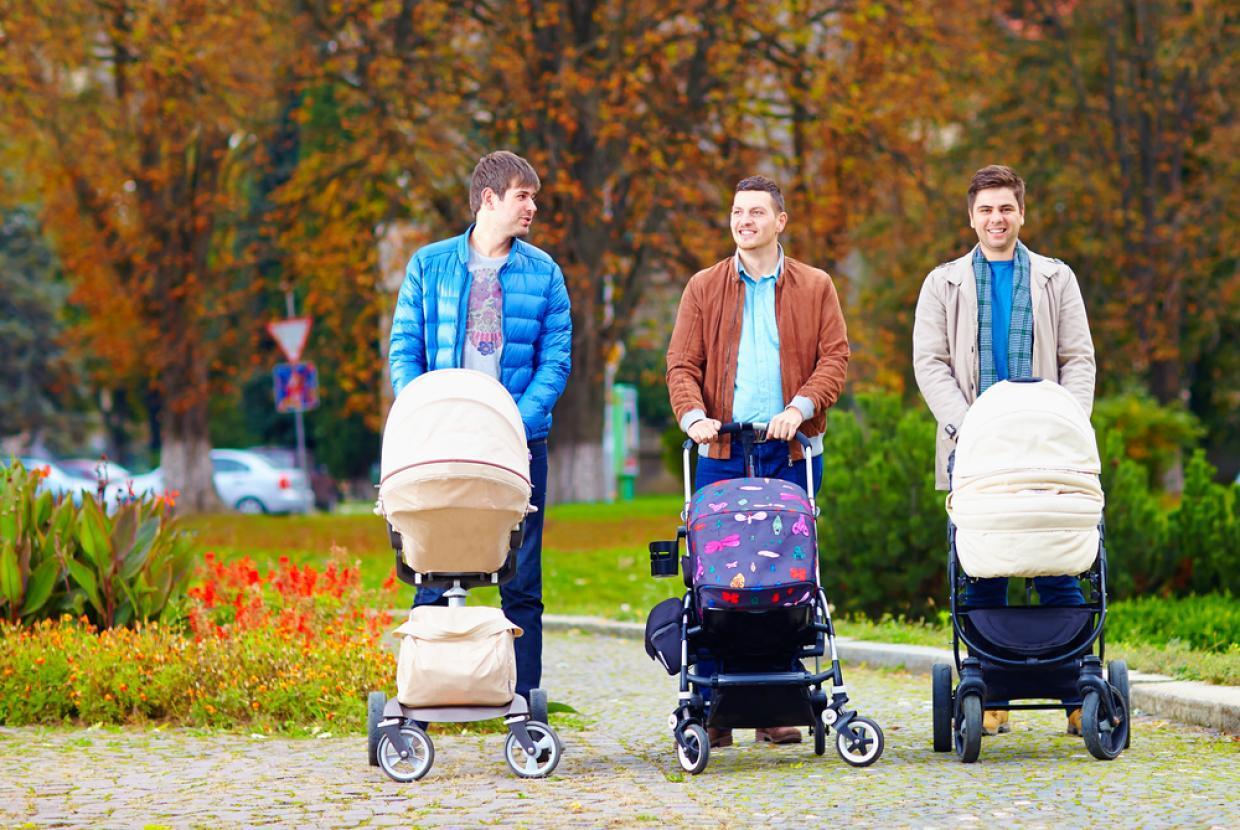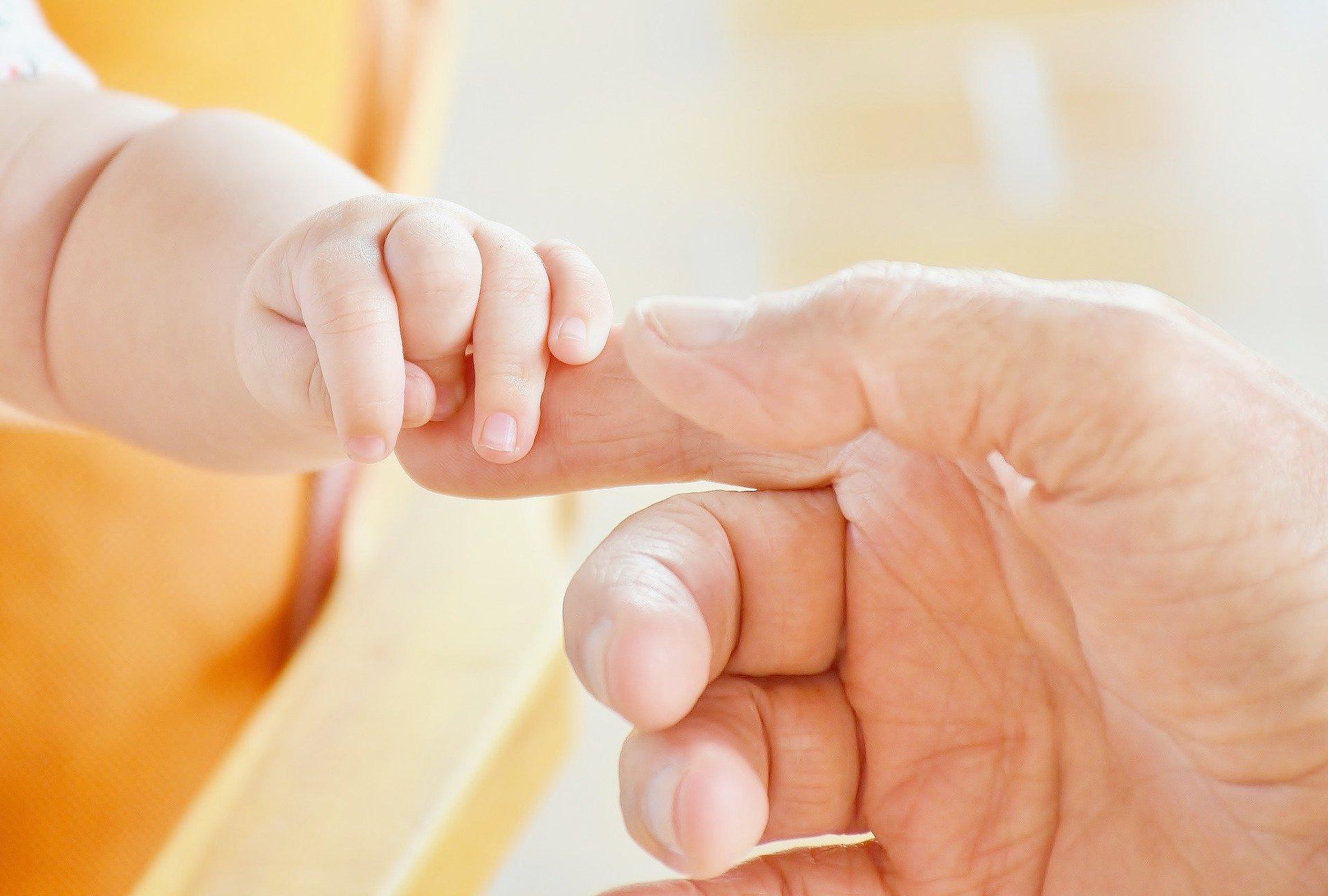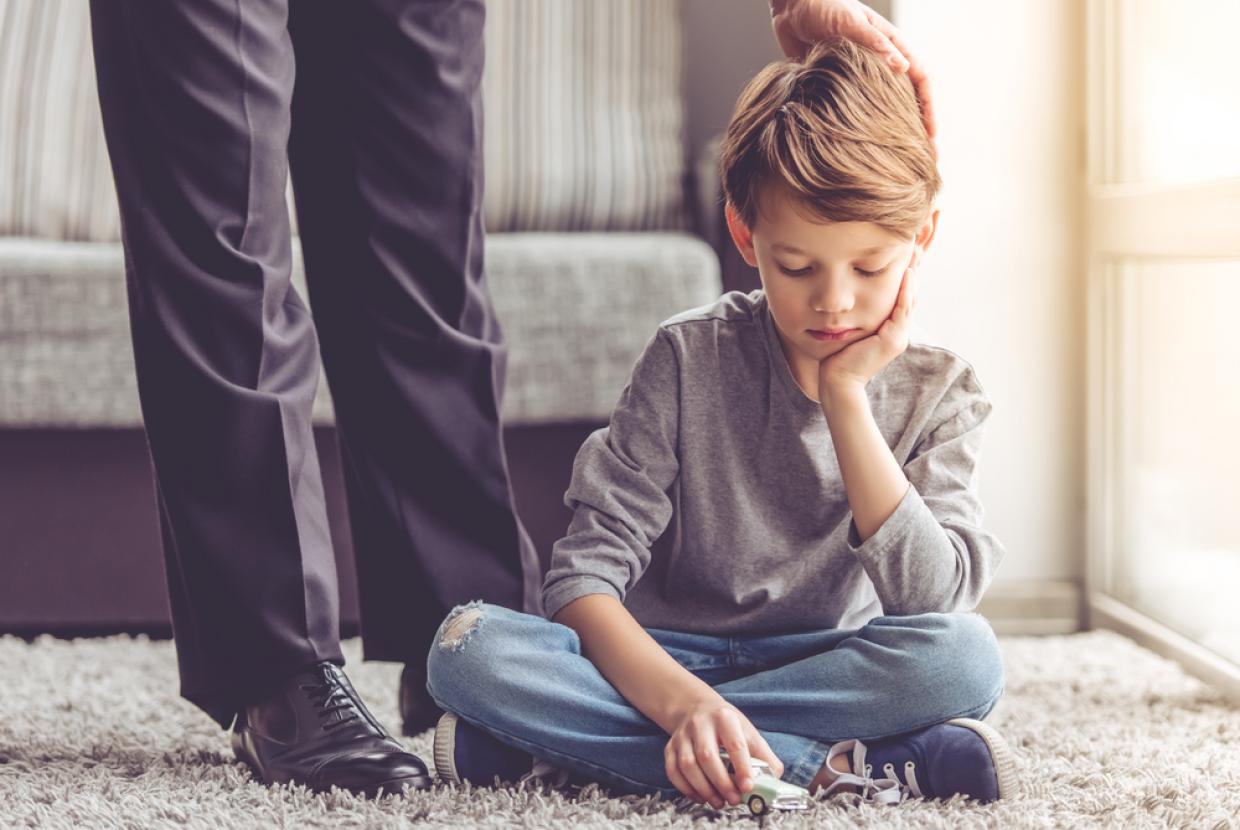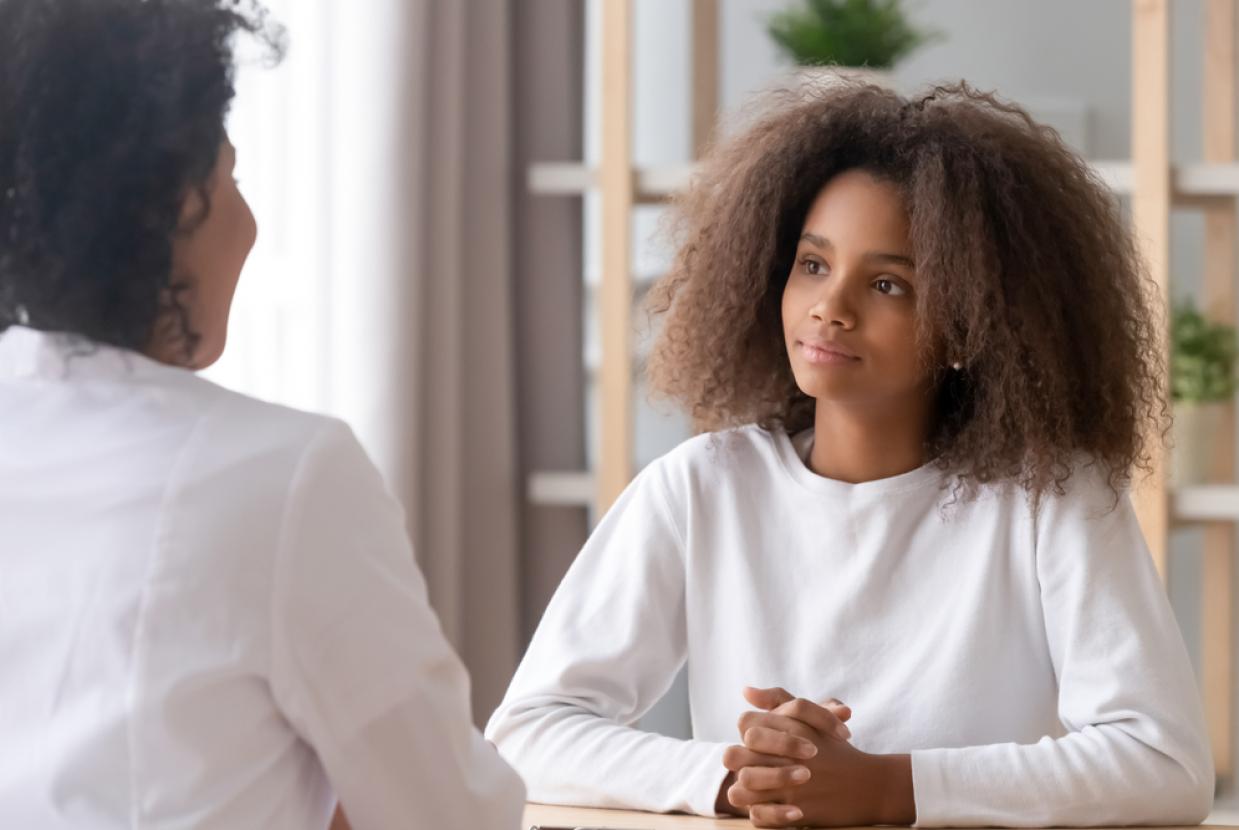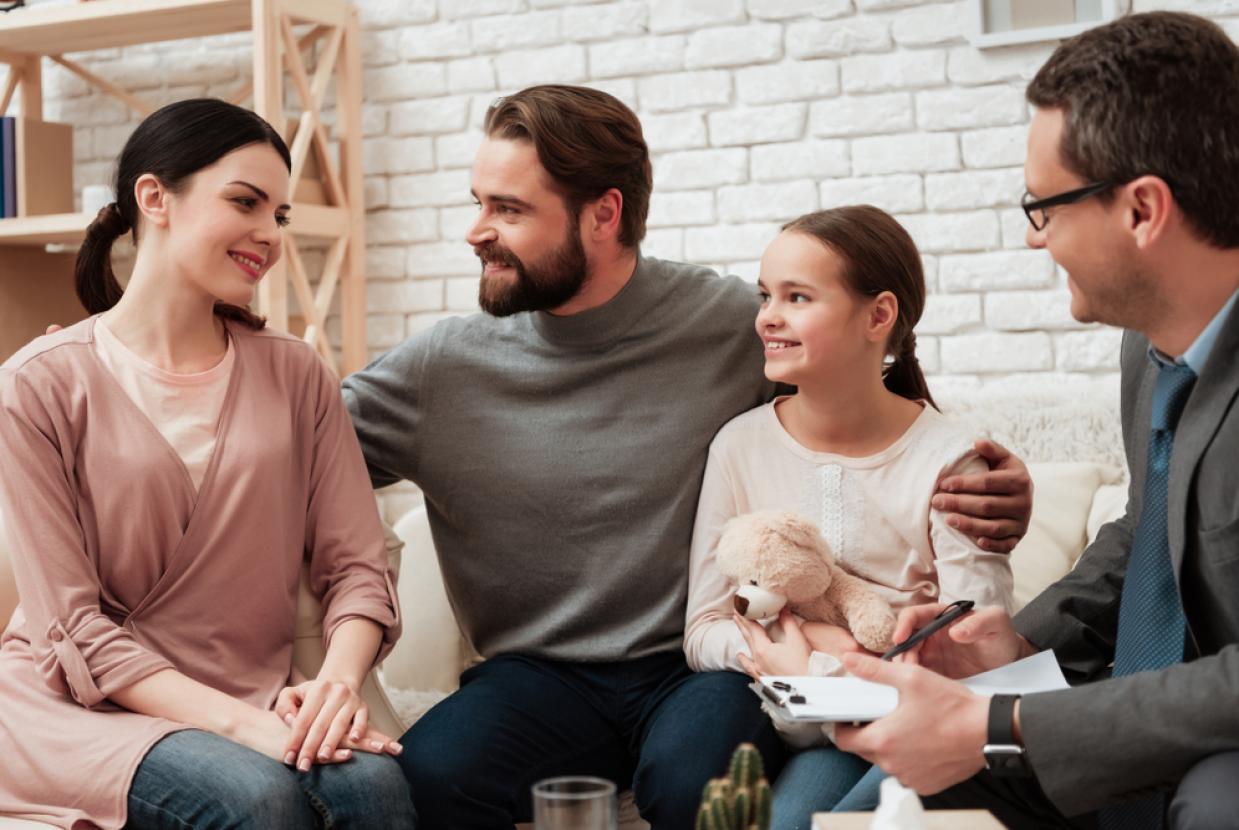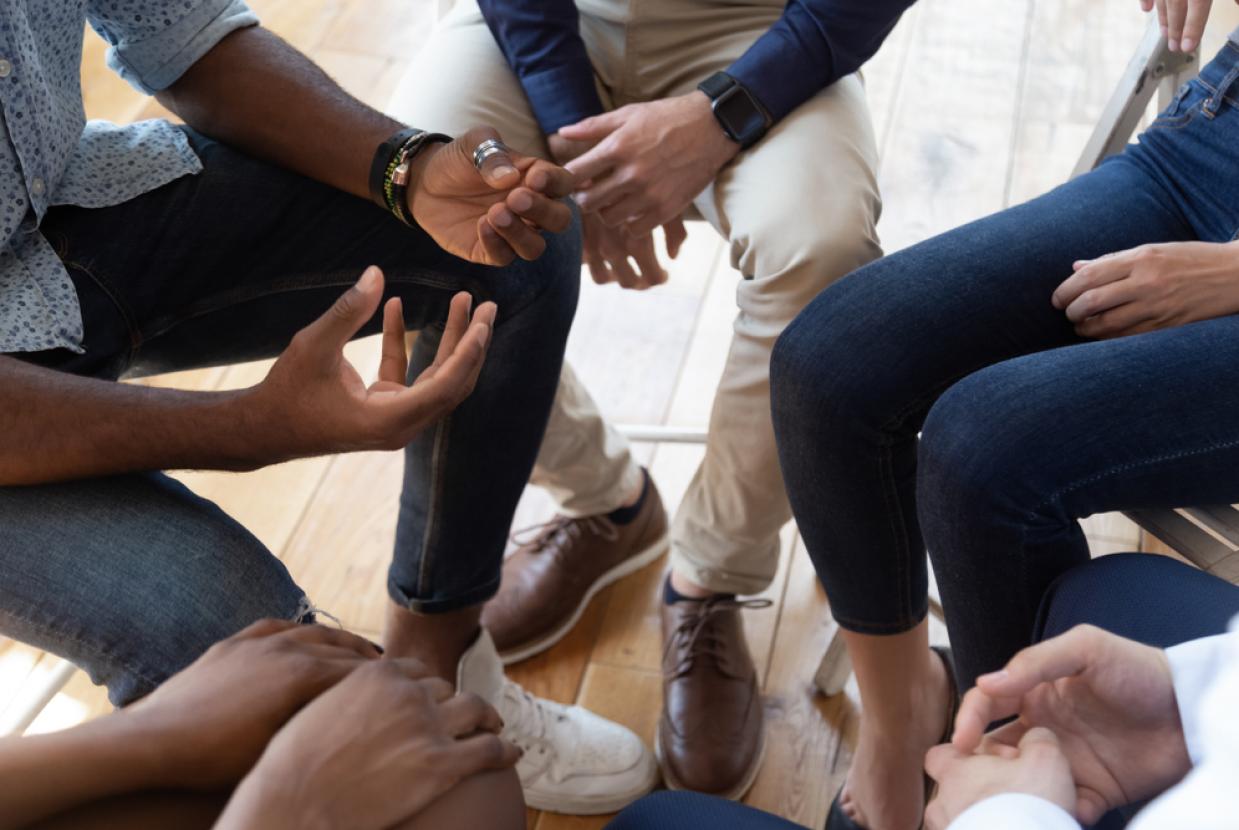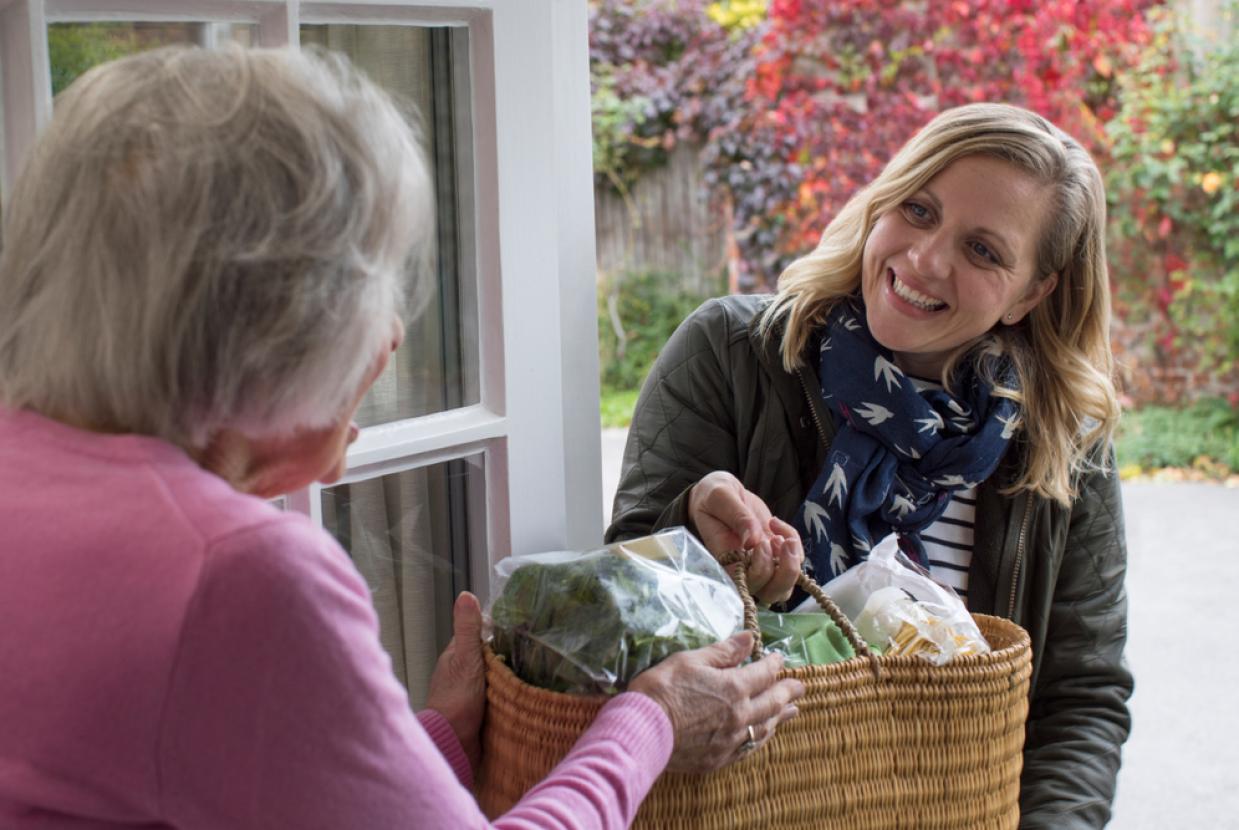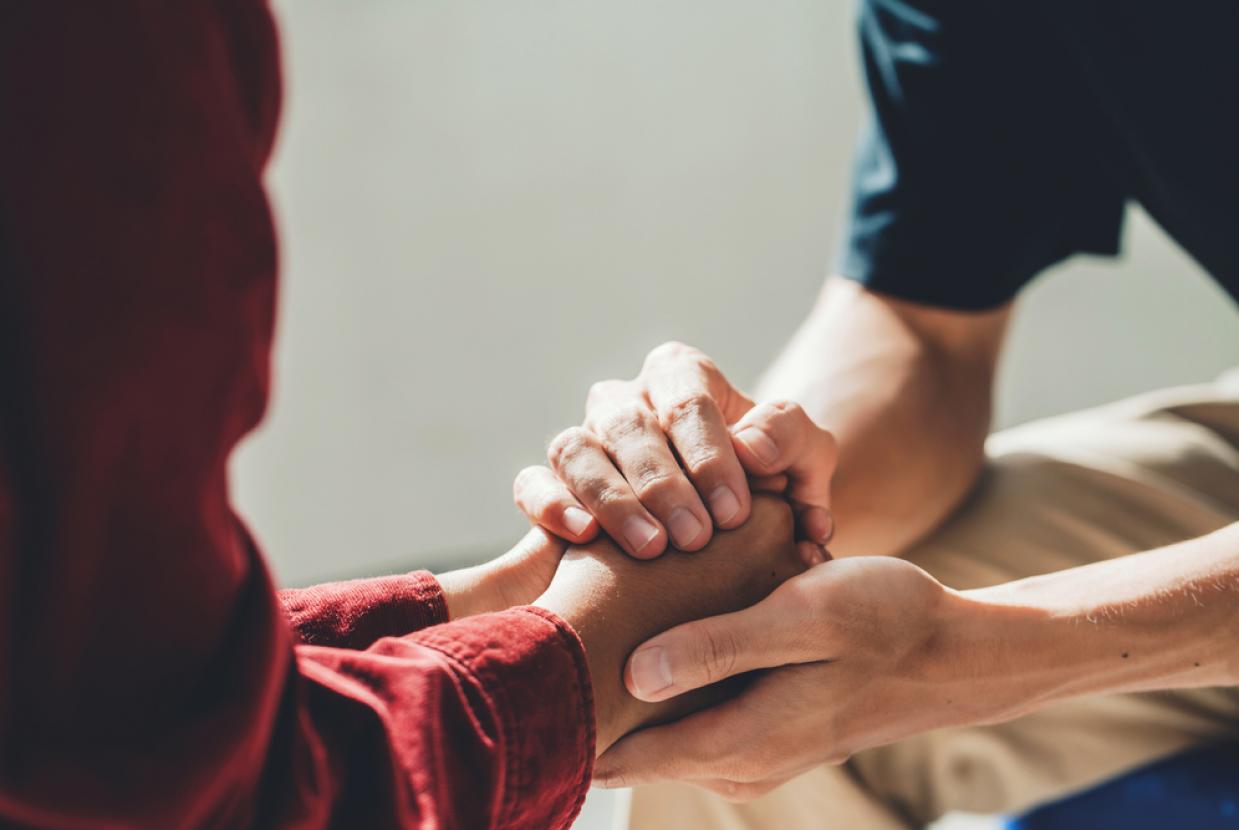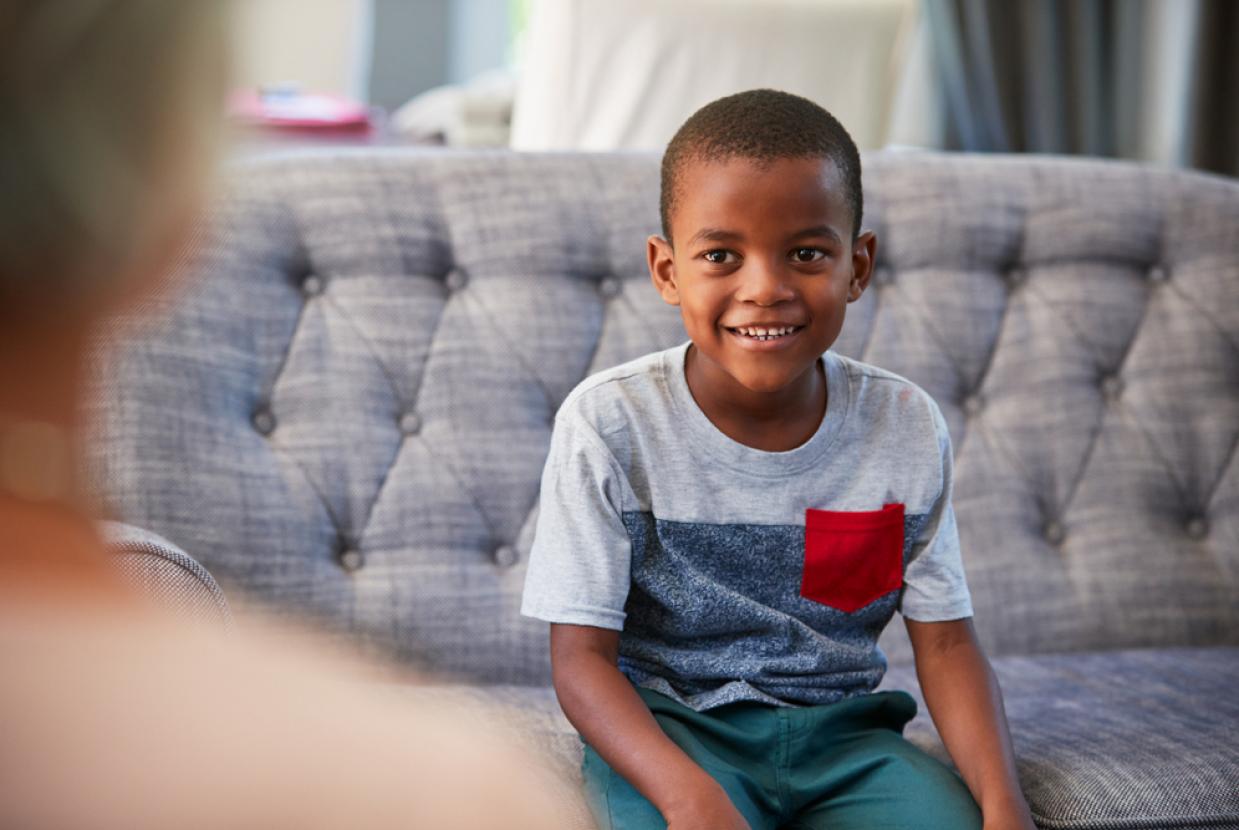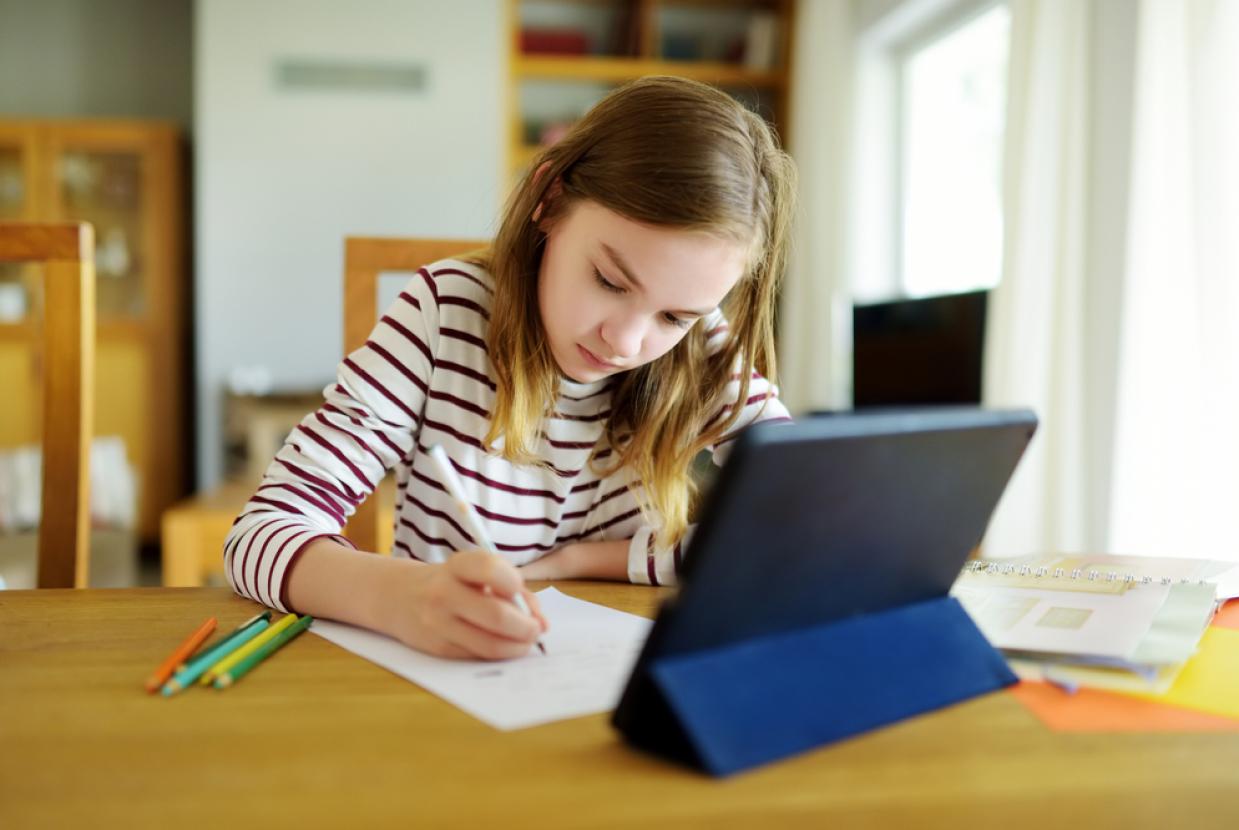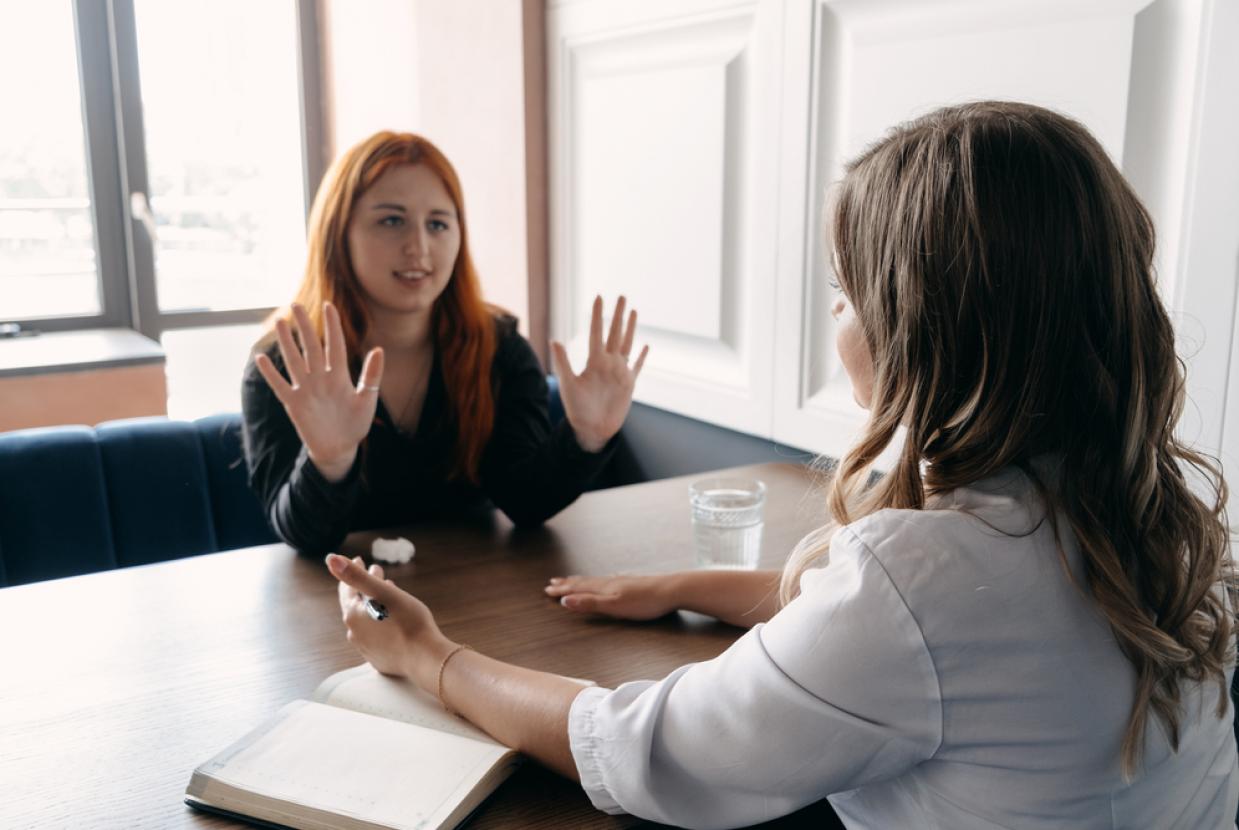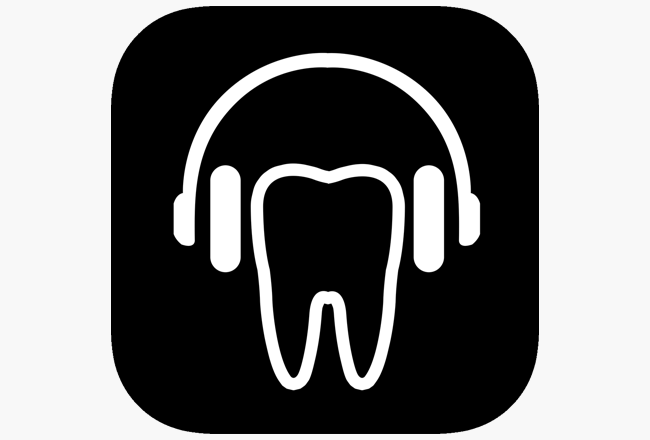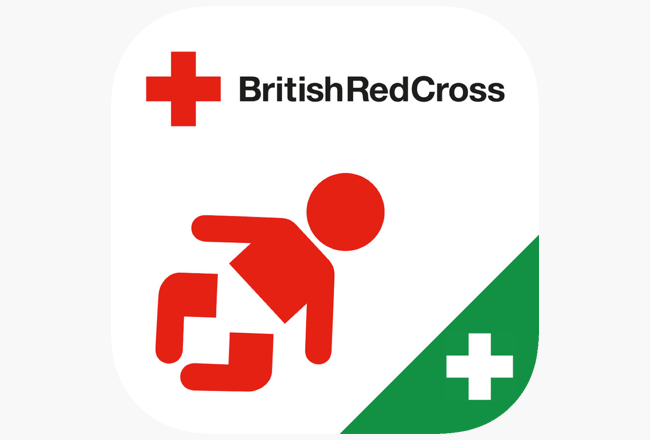Teaching Your Children To Be Active
You can help your children or any children you look after to be active. Children whose parents or guardians are active are more than 5 times as likely to stay active.
Families play an important role in:
- decreasing the chance of childhood obesity
- decreasing the risk of children developing chronic diseases such as type 2 diabetes and heart disease
- helping children to build strong muscles, healthy bones, agility and co-ordination
- improving the self-esteem, mood, energy and sleep patterns of children
How much physical activity children need
Kids need to be active every day. All activity, no matter how short, counts - whether it’s organised sports or active play at home. Aim for a moderate to vigorous level, for at least 60 minutes every day. Moderate activity is when breathing and heart rate increase, but a conversation is still possible. Vigorous activity is when breathing becomes heavy, heart rate becomes faster and it’s difficult to keep a conversation going.
Fitness for different age groups
Children learn more physical skills in their first 6 years than at any other point in their lives. These are called basic or fundamental movement skills. They are the building blocks for lifelong activity.
Babies and physical activity
It’s just as important for babies to be active as it is for toddlers and older children. Your baby needs lots of opportunities for free movement in a supervised and nurturing play environment. Limit your baby’s inactivity, for example being in a child car seat, to no more than an hour a day except when they’re asleep.
Before your baby begins to crawl:
- encourage them to be active by reaching, rolling, pulling, pushing and learning to move their head, arms, legs and body
- play on a floor mat with your baby
- put a toy just outside their reach, so they have to make an extra effort to stretch and reach for it
- place your baby on their tummy for a short time every day to allow them to stretch and develop their muscles
Always supervise your baby when playing on their tummy. Never let your baby fall asleep on their tummy.
Toddlers and physical activity
Get your toddler active every day for at least 3 hours, spread throughout the day. Young children are naturally active and are generally always on the move. Include:
- light activities, such as building blocks or playing on the floor
- more vigorous activities such as running and jumping
- ball activities like kicking, catching and throwing
- music and action songs
- chasing games
- copycat activities such as skip, jump, hop
Rest and napping in between active play is important too. Activities like drawing and making puzzles contribute to your child’s overall development.
Physical activity for children over 3
If your child is over 3 years old and can walk unaided, they should be physically active every day for at least 3 hours, spread throughout the day.
Tips for keeping children over 3 active
- At least one hour of activity should be structured and energetic, for example, swimming or playing a game of chase.
- Activity does not need to take place all at once - short sessions of 10 to 15 minutes can be built up over the day.
- Limit the time your young child is not active to an hour a day, except when they’re asleep.
- Make sure they play outdoors as well as indoors daily.
- Encourage your child to develop a wide range of movement skills - for example using a climbing frame, riding a bike, playing in water.
Screen time
Children aged 18 to 24 months should spend as little time as possible in front of a screen. Those aged between 2 and 5 should spend no more than 1 hour a day.
Physical activity for children with health conditions
Talk to your GP before increasing your child’s physical activity if your child has any kind of health condition, disease or disability. Most health conditions are helped by being physically active.
If your child has a movement or sensory difficulty, you can adapt the activity. Find your local sports partnership on sportireland.ie to find what disability programmes are running in your area.
Listen to your child and allow them to be as active as their ability allows.
Get your child motivated
Tips for encouraging activity in children
- Get active yourself - children learn through example and are 5 times more likely to be active if their parents are.
- Choose the right activities for your child's age - if you don't, your child might become bored or frustrated.
- Keep the focus on fun - children don't want to do something they don't enjoy.
- Play active games with your children - such as ball games, skipping, running games.
Examples of activities for children
Think about encouraging your child or teenager to get active through:
- active recreation, such as hiking or skateboarding
- walking, running, cycling or swimming
- sports including Gaelic football, hurling, basketball or tennis
- martial arts, such as karate
- active games involving running, chasing, throw and catch
Strengthening and flexibility exercises
You can help your child even more by including muscle-strengthening, flexibility and bone-strengthening exercises in their fitness habits. Your child should do this 2 to 3 times a week.
Examples of strengthening and flexibility exercises for younger children
- Games such as tug-of-war.
- Rope climbing.
- Swinging on playground equipment.
Examples of strengthening and flexibility exercises for older children
- Climbing walls, sit-ups, push-ups.
- Strength exercises with resistance bands.
- Sports such as gymnastics or dance.




